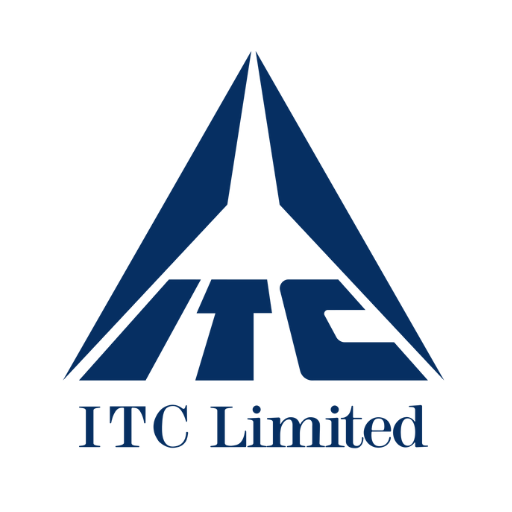India’s Best CEOs 2025 awards: Focussing on traditional strengths and brand-building helped ITC create its FMCG business, says Sanjiv Puri
From micro-segmentation to climate resilience, Sanjiv Puri explains how ITC is preparing for a fast-changing world.

Sanjiv Puri, managing director of ITC, shed light on navigating businesses through turbulence and uncertainty, while also elaborating on the choices he made to run the company, at Fortune India’s Best CEOs 2025 awards in Mumbai on Monday.
“What is unique and different today is the scale, speed, and scope of things that are happening, challenges, change, etc. Because there are confluences of things… starting with what we all know about the issues of climate change, resources, and degrees of freedom. And what we have in the ITC next strategy, much of it is not new to you, but I think it is the manner and the scale and speed with which some of these aspects are aligned. So the first and foremost for us has been about how do you make sure your portfolio remains contemporary, future-ready, because a lot is changing in the markets,” he said during an insightful conversation with Fortune India National Editor, Ajita Shashidhar.
For Puri, it is all about micro-segmentation and leading specialised solutions for consumers, which the company is doing through a combination of inorganic and organic means. “Inorganic, for example, we bought other versions of the specialised natural baby care solutions provider. Internally, we launched something called Right Shift, which is a nutrition-lens product for individuals 40 years and above for active lifestyles. So like that, lots more niches are going to emerge, and lots more micro-segmentation will be required. And this requires a larger commitment, and when you cite the opportunity, you have to be future-facing, you have to take your bets. Right Shift would not have been created if we had not invested in nutrition,” he said.
Speaking about technology, he said it is important to be competitive. If one is not digital, one will go obsolete very soon, he added. For Puri, technology is also leading to a lot of transformation in the way ITC works. “When you do micro-segmentation, the supply chains that we have today are not going to deliver what is required for the solution.”
Speaking further on resilience, on accounts of geopolitics and climate change, Puri said that disruptions are bound to happen. “On account of climate change, a few years back, the Rhine River, because of the warming, the water levels fell, and logistics won't happen. How do you find out, design for your own, how do you make sure that you are improving your infrastructure, and how do you make sure that your own supply chain is ready for climate risks, and how do you kind of deal with that? So, many more dimensions to strategy and execution are coming up.”
On complexities within the business, Puri emphasised empowerment, distributed leadership, and creating synergies around enterprise resources and assets while being completely aligned as far as vision and value are concerned. “As an organisation, I think the principle is that you are really focussed and obsessed with creating stakeholder value? If you are obsessed with creating that value, then you have to be ready. If you have the capacity to be adaptable, you need the capacity to change along with the circumstances and to be able to manage the change; we need to invest in the capabilities that are important. So, digital, for example, besides the strategy of organisation, is a very important tool to manage complexity. How are we invested in that? These are the kinds of investing in the capability and being obsessed with the stakeholder and consumer value, and being flexible, being adaptable.”
Puri elaborated that it is important to ensure that the organisation has an environment where growth mindsets, entrepreneurial energy can flourish.
Recommended Stories
On the ITC Hotel demerger, Puri said that the strategy of the organisation emanates from the business strategy. One of the principles of growth and diversification is to leverage institutional capabilities that reside in various parts of the organisation. “And if I were to leave hotels for a site and talk about our largest FMCG sector, which is food. It's the enterprise strengths of cuisine expertise, of agri-sourcing, of distribution, and our traditional strengths of brand-building, etc, that have come together to help us to create a large FMCG business. So synergy is important.”
He said one has to balance the pros and cons, and decide which is best at the point in time, in the context of opportunity in the market, maturity, and competitiveness of the business. “So from that perspective, you see, the tourism industry has realised that it needs to grow. The number of rooms per thousand in India is going to grow. And tourism is a very strong trend that is coming up. And the business has matured because it was competitive and it was positioned well to grow on its own. That's why we call it D1C.”
When asked about had he not headed a conglomerate like ITC, what industry he would have liked, Puri gave a short answer. “Well, I think I've spent nearly four decades in ITC. So there's nothing much I've done apart from being in ITC, so I can't really think beyond it.”
